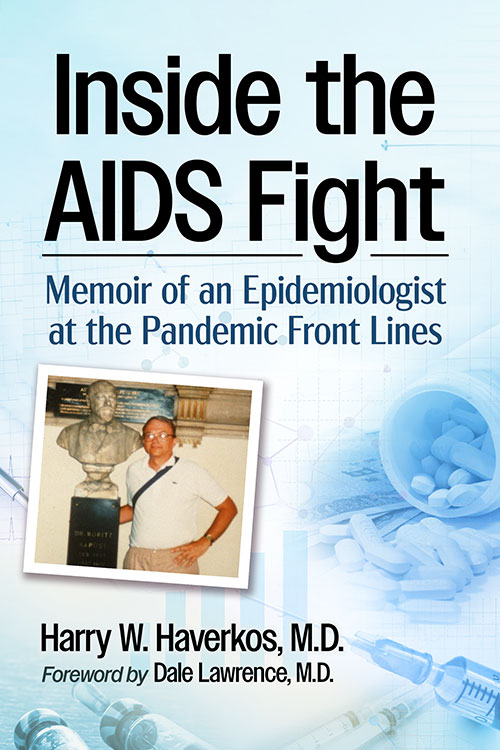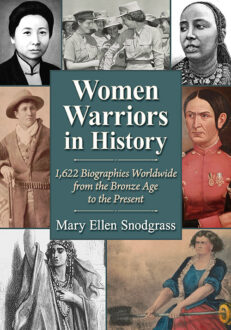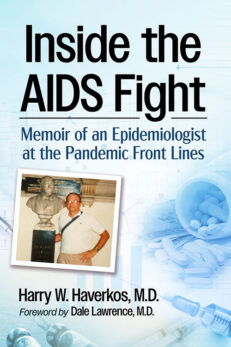Inside the AIDS Fight
Memoir of an Epidemiologist at the Pandemic Front Lines
$29.95
Available for preorder/backorder
About the Book
Dr. Harry W. Haverkos had his first encounter with an AIDS patient in 1980. Three years later, he challenged the widely accepted belief that the sole cause of AIDS was HIV, proposing that factors like nitrite inhalants and cytomegalovirus also played a role in AIDS progression. Working with the CDC’s Epidemic Intelligence Service, the US Public Health Service, and the US Department of Health and Human Services to investigate the disease, his research allowed for the implementation of preventative measures against the transmission of HIV and AIDS. Dr. Haverkos’ work also had a profound effect on the AIDS pandemic that went beyond medical advancements; his research and collaborations with other medical professionals impacted health policy, medical research, legal and judicial perceptions, and patient self-advocacy.
This memoir follows Dr. Haverkos’ career and his contributions to our modern understanding of the AIDS pandemic. In it, Haverkos advocates for a broader understanding of AIDS, introducing a nuanced perspective on infectious diseases, and he invites us to rethink preconceived notions and cultivate a more comprehensive view of this global health challenge.
About the Author(s)
Bibliographic Details
Harry W. Haverkos, M.D.
Format: softcover (6 x 9)
Pages:
Bibliographic Info: appendices, notes, bibliography, index
Copyright Date: 2024
pISBN: 978-1-4766-9614-0
eISBN: 978-1-4766-5440-9
Imprint: McFarland
Book Reviews & Awards
“In many ways, Harry Haverkos was ideally suited to confront this new challenge. He had excellent training in infectious diseases and internal medicine and he was one of only a handful of physicians in the world at the time that had cared for a patient with this condition. Additionally, he brought energy, motivation, and an endlessly inquisitive mind to the Task Force. His impatience to solve the problem was laudable and inspiring.”—James W. Curran, M.D., M.P.H., dean, Rollins School of Public Health and co-director, Center for AIDS Research, Emory University, Atlanta, Georgia





